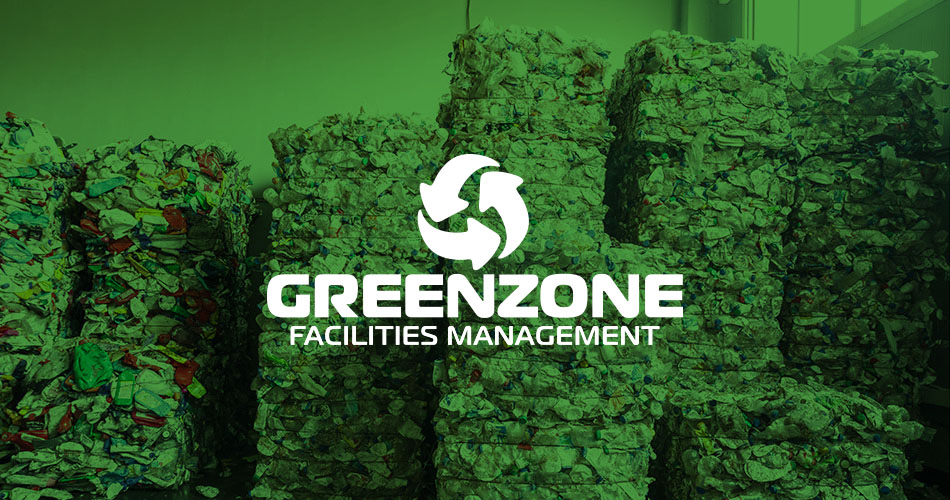The waste industry in the UK is incredibly complex, with high levels of sub-contracting, multiple service providers and jobs that attract low-skilled temporary workers, making it particularly vulnerable to infiltration from organised crime syndicates profiteering from modern slavery. The impact of Covid-19 has exacerbated some of these issues and it is up to us as a responsible business to take extra precautions to protect not only our business, but our customers businesses as well..
But what is modern slavery?Hope for Justice have defined it as, one person controlling another by exploiting a vulnerability. It’s often been linked with human trafficking, where a person is forced into a service against their will. The International Labour Organisation estimates that there are 40.3 million people trapped in modern slavery worldwide, a truly shocking statistic.
What are some of the signs of modern slavery to look out for in the waste industry?The UK Home Office identified earlier this year, that 36% of modern slavery victims in the UK are British nationals. Using information obtained from Hope for Justice, we’ve pulled together some of the tell-tale signs that can be seen from a distance, without needing to know about a worker’s individual circumstances,
- Has the worker been dropped off as part of a larger group? Often a victim of human trafficking or modern slavery will be transported to work each day to ensure control of their movements and limit the victim’s time away from the trafficker and potential for escape.
- Does someone else do the talking for the worker? Many victims do not speak English, whether due to language barriers, learning difficulties or for other reasons.
- Have you seen lights on at night at a business premises? This could suggest people are sleeping or living there.
- Does the worker have unexplained injuries or look unkempt and anxious? Traffickers prefer not to let their victims access medical or dental care, as this can open the opportunity for them to get help or to escape. Lack of money and resources means victims’ clothing and appearance is often unkempt and they will not have proper safety equipment even for dangerous jobs.
Waste companies in the UK, have in the past found themselves at the heart of controversy, being the unwitting victims of traffickers, who have exploited waste supply chains for their own profit.
At Greenzone, we have a zero-tolerance approach to modern slavery of any kind in our operation and in our supply chain. Our CEO Louise Taggart said, “Modern slavery is completely unacceptable, and it’s up to us as a reputable service provider to remain vigilant on this issue. We already have very strict procurement and auditing procedures in place to identify risks in our supply chain as well as the risks to our customers, but we can always do more. I see staff and supplier education as key to raising awareness. Greenzone’s membership to the Slave Free Alliance will support us in our commitment to help end modern slavery in the waste sector.”
What we’re doing at Greenzone to support Anti-Slavery WeekAs new members of the Slave Free Alliance, there are a few things we’re doing this year to encourage debate and raise awareness internally and externally.
Internally we have formed a CSR working group, comprised of our supply chain, marketing, compliance and HR departments. We will be meeting quarterly to look at all our CSR initiatives that focus on our three pillars, comprised of our clients, people and community.
Externally, our social media channels are a great way for our clients to see what we’re up to. Outside of this, we’ve created bespoke branded marketing materials that can be used across the business sectors we work in to promote the importance of anti-slavery week.
If you’d like to get involved to see what we’re up to, follow us on LinkedIn or Twitter, like and find us on Facebook or contact our marketing department, marketing@greenzoneuk.com and we’ll be happy to support you in raising awareness.
Anti Modern Slavery Week is the 18th – 24th of October learn more Hope for Justice

